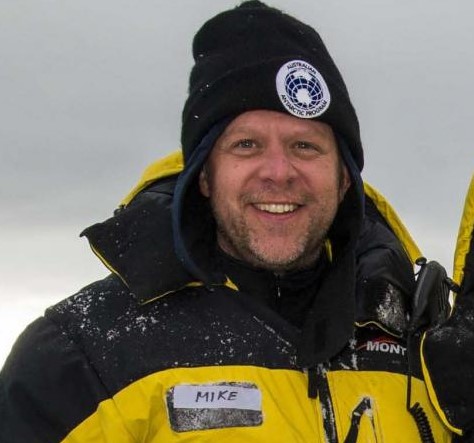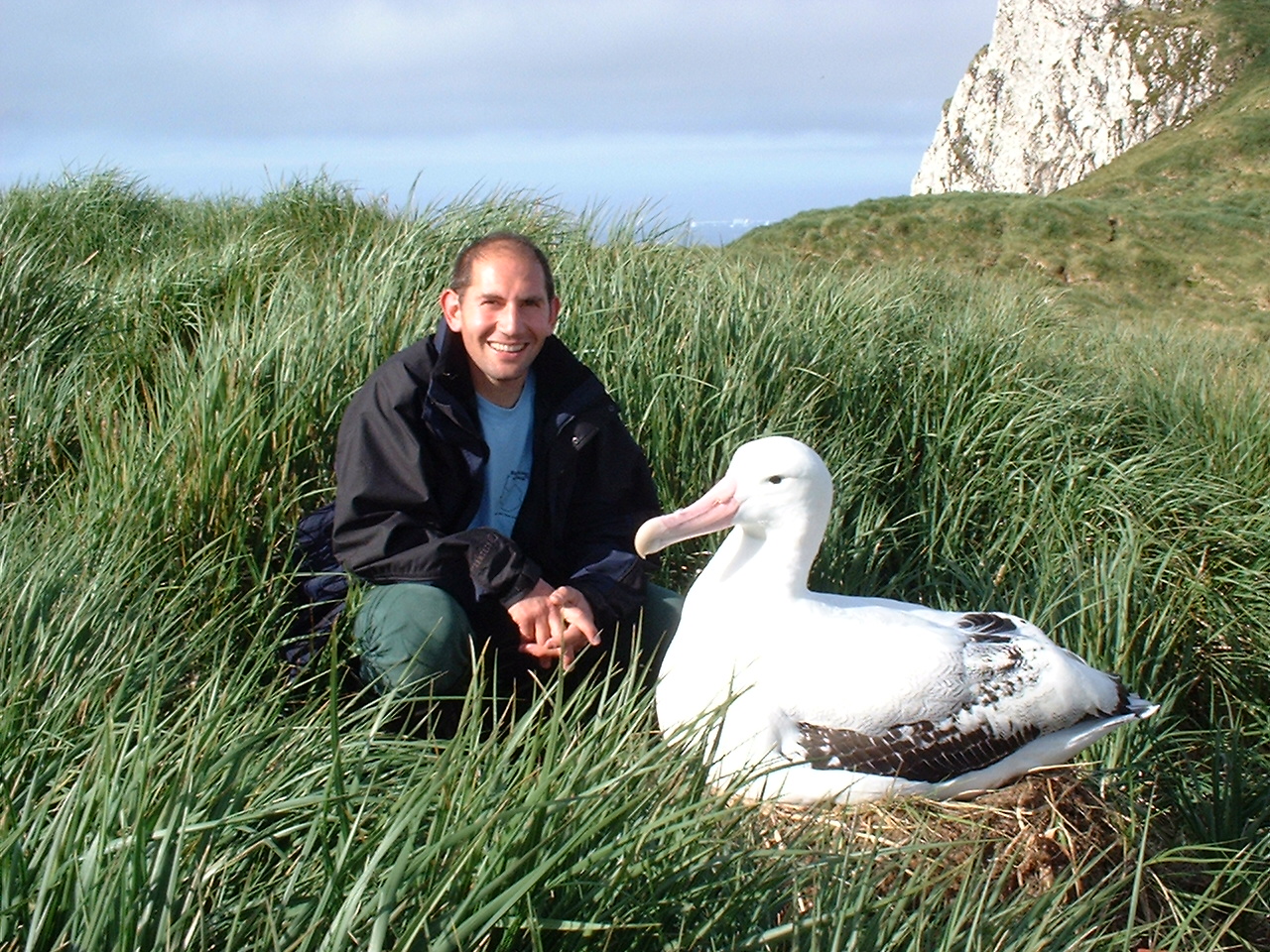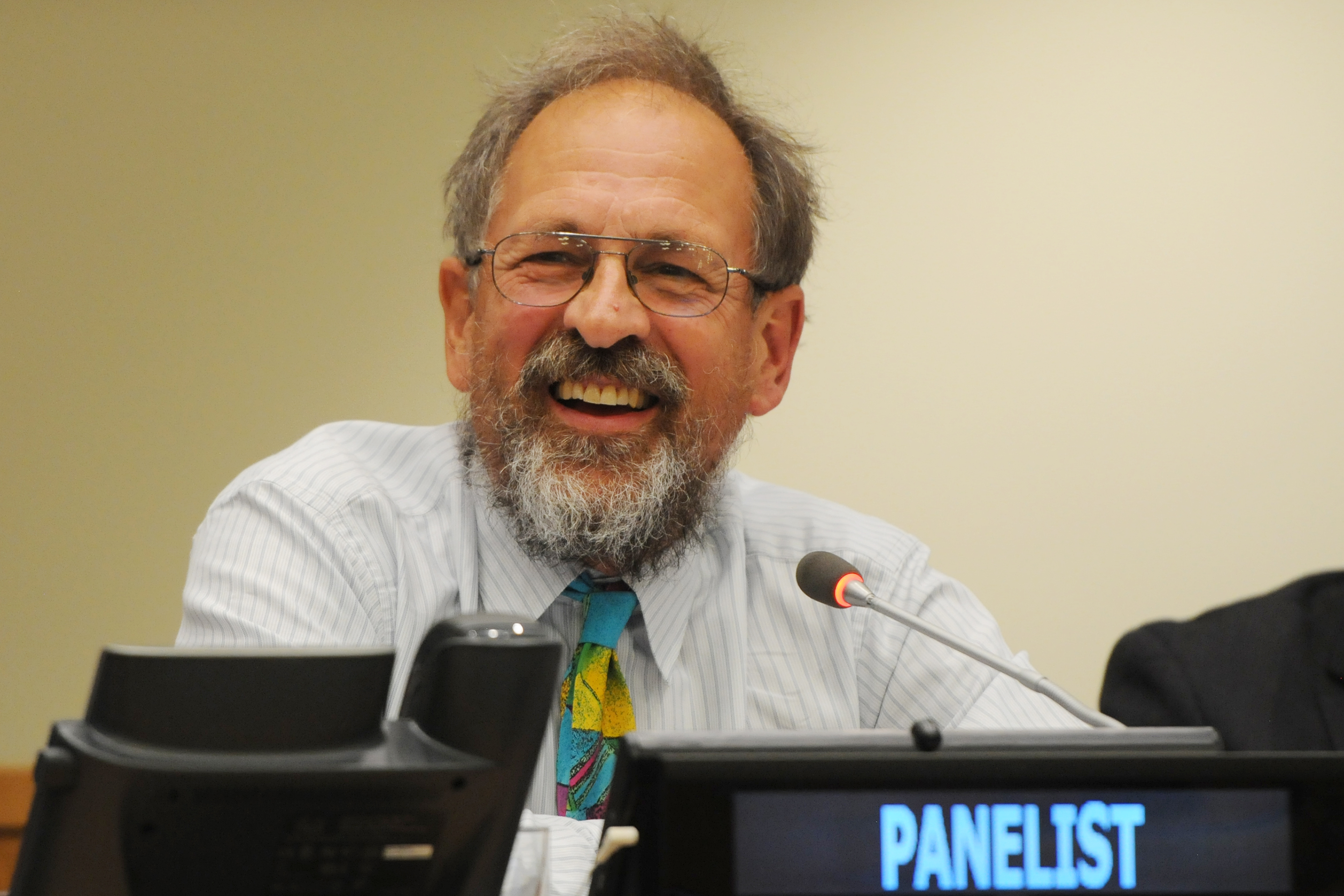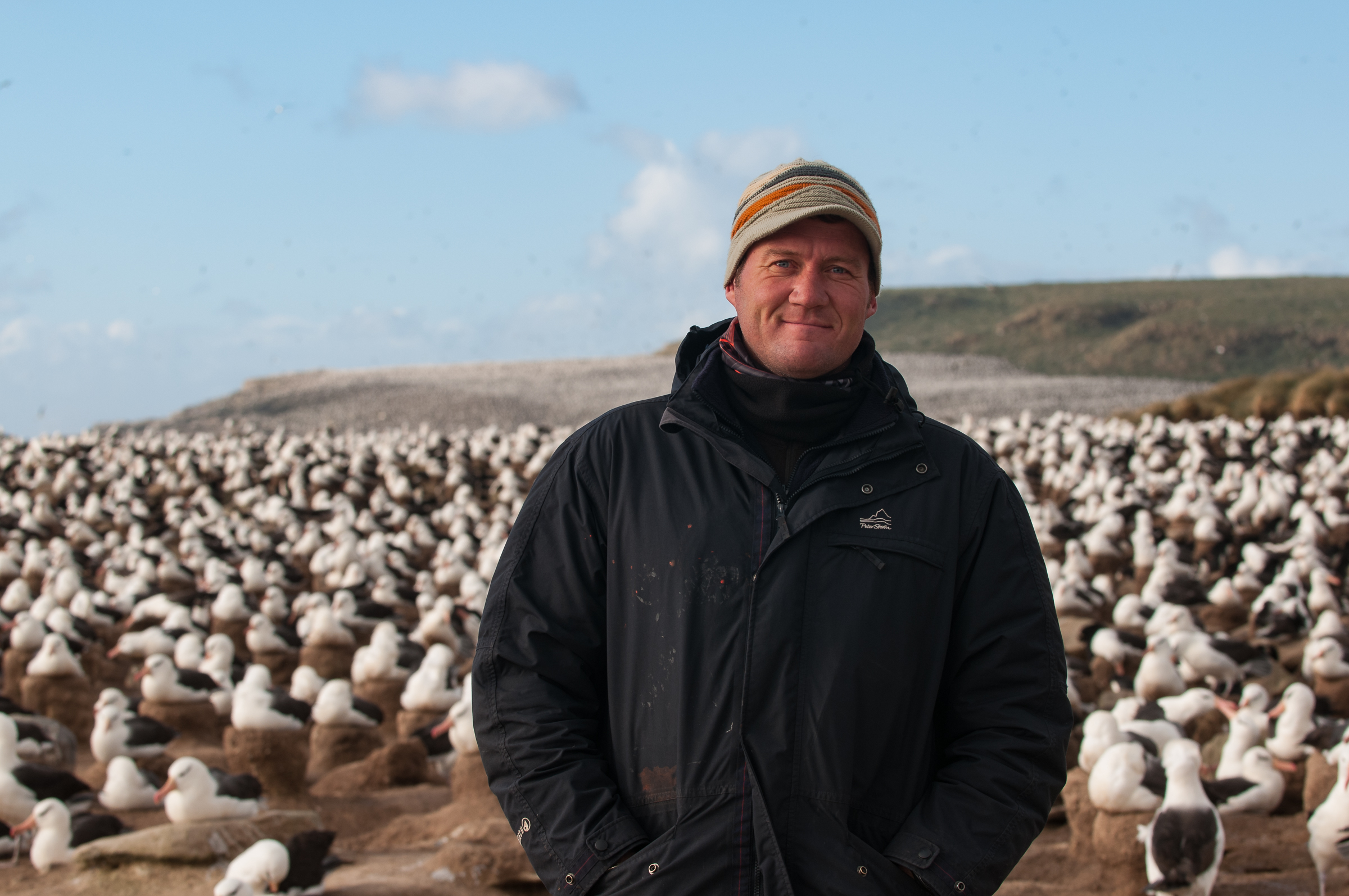ACAP’s Advisory Committee currently has three working groups that report to it at its meetings that normally take place two years of every three. It most recently met (AC11) in May this year in Brazil. The 12th meeting of the Advisory Committee is set to take place next year in Ecuador. Each of the three working groups is led by two to four convenors appointed by the Advisory Committee for fixed terms. These are the Taxonomy WG, Population and Conservation Status WG and the Seabird Bycatch WG.
The TWG discusses issues intersessionally at the request of the Advisory Committee; the PaCSWG and SBWG meet the week before the Advisory Committee for a total of five days, normally at the same venue. Reports from the working groups are presented to the Advisory Committee by their convenors, which then considers their recommendations for possible action.
At AC11 it was agreed to launch the inaugural World Albatross Day next year on 19 June, the date the Agreement was signed in Canberra, Australia in 2001, with the aim of increasing awareness among the general public of the conservation crisis facing albatrosses and petrels (click here). Welcome support for this initiative has come from ACAP working group convenors in correspondence with ACAP Latest News as set out below.

Mike Double of the Australian Antarctic Division and Vice-convenor, Taxonomy Working Group writes: “To misquote Robert Cushman Murphy, everyone today and in the future deserves the chance to join the higher cult of mortals by seeing an albatross. I will never forget the day I did and my life was better for it. I thank all those around world fighting to save albatrosses, you make the world a richer place.”

Argentinian Marco Favero, ACAP’s second Executive Secretary from 2016 to 2018, and now Co-convenor of the Population and Conservation Status Working Group says “Albatrosses are globally threatened birds that require our urgent attention. Governments and decision makers must understand this urgency and strengthen conservation actions that reverse the negative effects on these species and their habitats.”

Richard Phillips, albatross researcher at the British Antarctic Survey, past Co-convenor and current Vice-convenor of the Population and Conservation Status Working Group offers his support: “Albatrosses are some of the most iconic of birds, and, sadly, amongst the most threatened. World Albatross Day is an excellent way to increase awareness of their conservation.”

Patricia Pereira Serafini, National Center for Bird Conservation and Research, Brazil serves as Co-convenor of the PaCSWG. She writes to ACAP Latest News: “The future of albatrosses and petrels depends on people. Public awareness of the conservation situation facing albatrosses and petrels can drive people all over the world to encourage fishers and fishery managers to take necessary steps to reduce seabird bycatch. Albatrosses and petrels are among the most thrilling birds on the planet; they are impossible not to fall in love with when you get to know them. World Albatross Day has the potential to make the world know them better."
" Mark Tasker from the UK, an ACAP veteran from the beginning of the Agreement, is currently Convenor of the Taxonomy Working Group: “Albatrosses are one of the pinnacles of evolution in harnessing the winds to search much of the world’s oceans for food. Sadly, human activities are putting them at risk of extinction. I hope that World Albatross Day will highlight their plight and encourage a greater focus globally on their conservation.”
Mark Tasker from the UK, an ACAP veteran from the beginning of the Agreement, is currently Convenor of the Taxonomy Working Group: “Albatrosses are one of the pinnacles of evolution in harnessing the winds to search much of the world’s oceans for food. Sadly, human activities are putting them at risk of extinction. I hope that World Albatross Day will highlight their plight and encourage a greater focus globally on their conservation.”
 Anton Wolfaardt, based in South Africa, is the current Co-convenor of the Seabird Bycatch Working Group. His view follows: “Albatrosses are truly remarkable birds, highly adept at soaring effortlessly in the stormy expanses of the oceans, where they spend the majority of their time. Unfortunately, these birds are facing a conservation crisis; they are threatened by human activities both at sea and at their breeding colonies. World Albatross Day will help raise awareness of this crisis and galvanise action to address it. This is essential if we are to improve the conservation status of these wonderful birds.”
Anton Wolfaardt, based in South Africa, is the current Co-convenor of the Seabird Bycatch Working Group. His view follows: “Albatrosses are truly remarkable birds, highly adept at soaring effortlessly in the stormy expanses of the oceans, where they spend the majority of their time. Unfortunately, these birds are facing a conservation crisis; they are threatened by human activities both at sea and at their breeding colonies. World Albatross Day will help raise awareness of this crisis and galvanise action to address it. This is essential if we are to improve the conservation status of these wonderful birds.”
Within the ACAP community support for a World Albatross Day has also come from past office holders; several of whom are still active within the agreement in various ways (click here).
John Cooper, ACAP Information Officer, 16 November 2019

 English
English  Français
Français  Español
Español